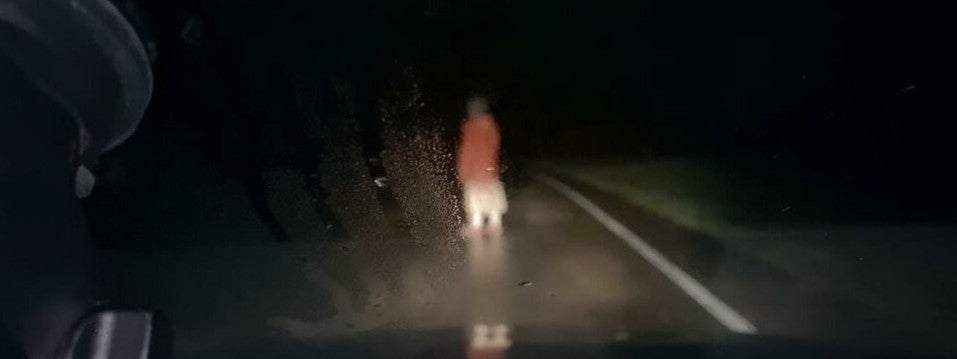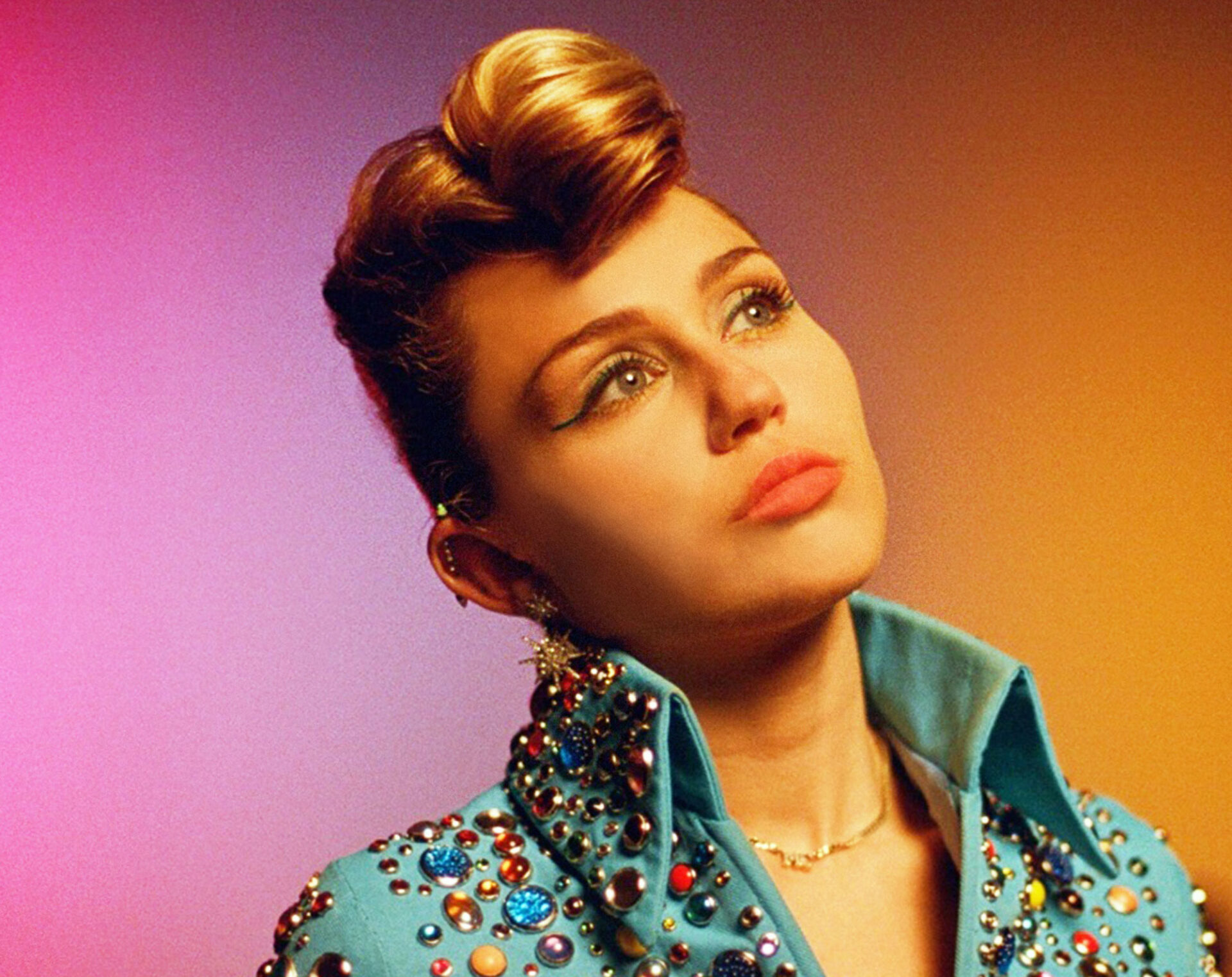Director Rob Savage’s Host brought pandemic terror to our homes through a Zoom-based séance gone wrong. It hit the right runtime and the sweet spot between the atmosphere and scare when COVID-19 shook up everyone’s creative process like a snow globe. The found footage genre has been explored in many ways since films like The Blair Witch Project, the Paranormal Activity, and Unfriended franchises, and an example such as The Taking of Deborah Logan. This sub-genre has gotten picked and prodded from every viewpoint, shown us every snot-dripping terrified glare into the camera and motion jostling of characters running from danger. Savage attempts to go bigger with Dashcam, leaving the confines of bedrooms and electing to go to streets and backwoods.
Annie (Annie Hardy) hosts a live musical show named Band Car, where she freestyles based upon the words that her live chat gives her. They range from sexually provocative and observational jabs. She is explicitly against COVID precautions, daunting a sweatshirt with the word ‘liberal’ crossed out and slave insignia on her mask. Annie intends to leave the perceived tyranny of the U.S. to venture to the lands of England, where she crashes with an old friend named Stretch (Amar Chadha-Patel). When I say crash, she enters his home unannounced and scares the bejesus out of him and his girlfriend, Gemma (Jemma Moore).
Annie’s conduct in the first part of Dashcam could be very polarizing to some viewers. She trolls random people about various causes, writing them off as liberal lies and conspiracies. Also, extremely aggressive with Gemma, even though she barely knows her, and steals Stretch’s car the second night she’s there. Her mannerisms and attitude could be deemed over the top, but it soon comes to a standstill. A clerk asks her to take an ailing older woman named Angela (Angela Enahoro) to a specific address. And on that journey, something is very off about her. She bleeds excessively at points, uses the bathroom on herself, but has an attraction to electricity. Soon after, there’s more than meets the eye as the woman reveals herself to have some entity controlling her. Dashcam then veers into frantic and berserk territory as Annie and Stretch try to save themselves from accident upon accident that tries to kill them both.
A confined endgame worked when Savage and writers Gemma Hurley and Jed Shepherd were in the spectrum within Host. An evil force preys on a group of friends who unleashed something they didn’t understand. All during a time when distance was essential to keeping everybody alive. The trio gave the characters just enough context enough for them to be relatable. Here, the main character is so grating that you want her to lose against whatever entity she and her friend are going up against. It’s unclear if Annie personifies far-right American ideals interceding in a foreign country or just purely satire? She’s also into healing crystals, crosses, and exhibits emphatic devices for the old lady and her friend. Layers for her character are there, but all seem like an outlier given her demeanor throughout the film.
As for the ultimate antagonist, it’s only used for brief gore and something for the principal characters to flee from. No explanation occurs outside a quick interaction between a familial character and people after the older woman. Why are they doing this? How did the woman become inhabited by this evil, and what are its origins? Dashcam may have been better served with a little longer headway to give some hints at the questions that audiences will indeed have.
There are many things Dashcam could be, but it chooses to try to be a bit of everything wrapped into a found-footage horror film, to its detriment. Annie goes into her specific diatribes so much that it takes away from the calamities behind her. If Dashcam elected to lean into the gruesome, b-roll fun provided, it would have broken through the noise.












